If you enjoyed the gripping social drama of 'Flame in the Streets' (1961), you'll love these 10 similar films and shows that explore themes of racial tension, family conflict, and societal change. This curated list will guide you through compelling stories that resonate with the same emotional depth and thought-provoking narratives.
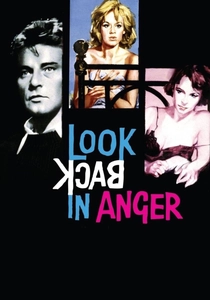
Look Back in Anger (1959)
Description: A seminal work of British realism, capturing the anger and disillusionment of post-war youth.
Fact: The film helped launch the 'Angry Young Men' movement in British literature and cinema.
 Watch Now
Watch Now 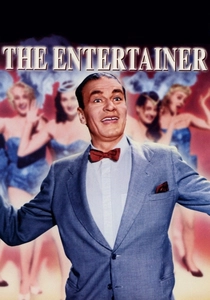
The Entertainer (1960)
Description: A bleak yet compelling look at the decline of British music hall tradition and family dysfunction.
Fact: The film marked a significant departure from the typical British cinema of its time with its stark realism.
 Watch Now
Watch Now 
A Taste of Honey (1961)
Description: A poignant drama about working-class struggles, single motherhood, and societal expectations.
Fact: The film was adapted from a play by Shelagh Delaney, who wrote it when she was just 19 years old.
 Watch Now
Watch Now 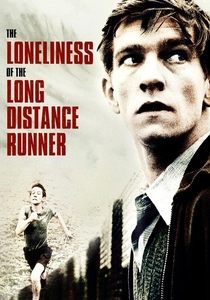
The Loneliness of the Long Distance Runner (1962)
Description: A powerful examination of class conflict and rebellion through the story of a young reform school inmate.
Fact: The film's title has become a cultural reference point for discussions about alienation and individualism.
 Watch Now
Watch Now 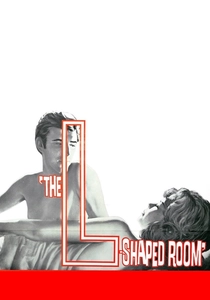
The L-Shaped Room (1962)
Description: A sensitive portrayal of a young woman's struggles with pregnancy and societal judgment in London.
Fact: The film was one of the first British movies to deal openly with the topic of unwed motherhood.
 Watch Now
Watch Now 
This Sporting Life (1963)
Description: A raw, emotionally charged story about a rugby player's struggle with class, love, and personal demons.
Fact: The film is considered one of the first British 'kitchen sink' dramas to achieve international acclaim.
 Watch Now
Watch Now 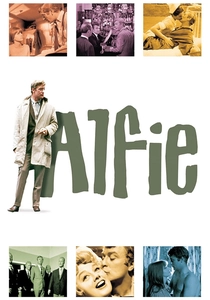
Alfie (1966)
Description: A character study of a charming but morally ambiguous womanizer navigating 1960s London society.
Fact: The film's breaking of the fourth wall was innovative for its time and influenced many later movies.
 Watch Now
Watch Now 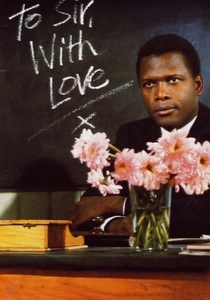
To Sir, with Love (1967)
Description: A story about education and social change, focusing on a teacher's impact on underprivileged students.
Fact: Sidney Poitier's performance and the title song by Lulu became iconic symbols of 1960s cinema.
 Watch Now
Watch Now 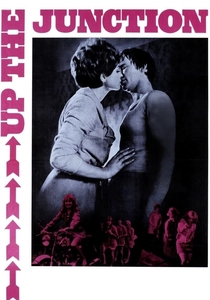
Up the Junction (1968)
Description: A gritty depiction of working-class life in London, dealing with love, loss, and social inequality.
Fact: The film was notable for its realistic portrayal of abortion, which was still illegal in Britain at the time.
 Watch Now
Watch Now 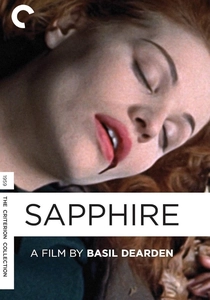
Sapphire (1959)
Description: Explores racial tensions and social issues in post-war Britain, focusing on identity and prejudice.
Fact: The film was groundbreaking for its time, addressing racism in a way few British films had done before.
 Watch Now
Watch Now 








